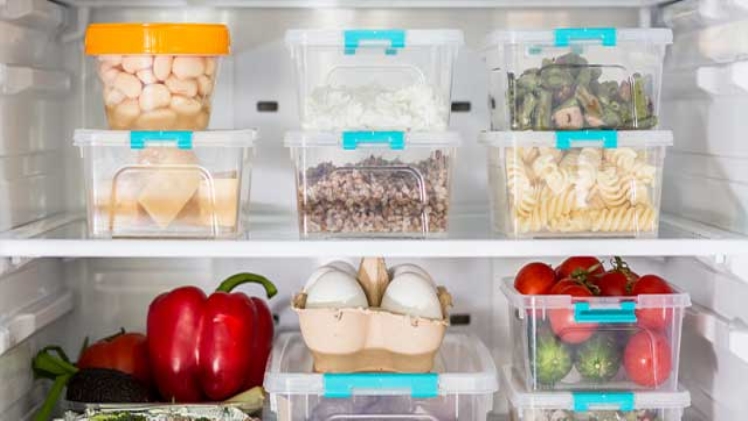In general, plastic storage boxes do not need to be grounded. Unlike certain electrical devices or equipment, plastic storage boxes do not carry electrical currents that require grounding for safety purposes. Grounding is typically necessary for objects that have metal components or are connected to electrical systems to prevent electrical shock or fire hazards.
However, it’s important to note that grounding requirements can vary depending on specific circumstances or regulations. If you have a specialized plastic storage box designed for electrical equipment or with built-in electrical components, it’s best to consult the manufacturer’s instructions or relevant safety guidelines to determine if grounding is necessary.
For standard plastic storage boxes used for general storage purposes, grounding is not typically required or relevant.
Why are plastic storage boxes bad
Plastic storage boxes are often criticized for their negative impact on the environment and human health. Here are some reasons why plastic storage boxes are considered bad:
Conventional plastic storage boxes are typically made from fossil fuel-based plastics such as polypropylene (PP) or polyethylene (PE). The extraction and production of these plastics contribute to greenhouse gas emissions and the depletion of finite resources. Moreover, plastic storage boxes are not biodegradable and can persist in the environment for hundreds of years, contributing to plastic pollution and harming ecosystems.
Improper disposal or inadequate recycling of plastic storage boxes can lead to plastic pollution. Many plastic items, including storage boxes, end up in landfills or oceans, where they can harm wildlife, pollute waterways, and degrade the natural environment.
Some plastic storage boxes contain additives such as bisphenol A (BPA) or phthalates, which can leach out of the plastic and potentially have adverse health effects. BPA, for example, is known to be an endocrine disruptor and has been linked to various health issues. While regulations and consumer demand have led to the development of BPA-free and phthalate-free plastics, it’s important to be cautious and choose storage boxes that are labeled as safe for food contact or free from harmful additives.
Although some plastic storage boxes are recyclable, plastic recycling rates are generally low. The recycling process for plastics can be complex, requiring specific sorting, cleaning, and processing. Lack of proper recycling infrastructure and consumer awareness further hinder the recycling of plastic storage boxes, leading to a significant amount of plastic waste ending up in landfills.
Longevity and Disposal while plastic storage boxes are often durable and reusable, their long lifespan can contribute to accumulation in households and storage facilities. When these boxes eventually reach the end of their usable life, proper disposal can be challenging, and they may end up in landfills or incineration, further exacerbating environmental issues.
Plastic storage boxes are not inherently eco-friendly due to their negative impact on the environment. However, advancements in sustainable practices and materials have led to the development of plastic storage boxes that have improved eco-friendly characteristics.
Given these concerns, many individuals and organizations are exploring alternative storage solutions that are more sustainable and environmentally friendly, such as using biodegradable materials, recycled plastics, or opting for materials like bamboo, metal, or wood that have lower environmental impacts.

